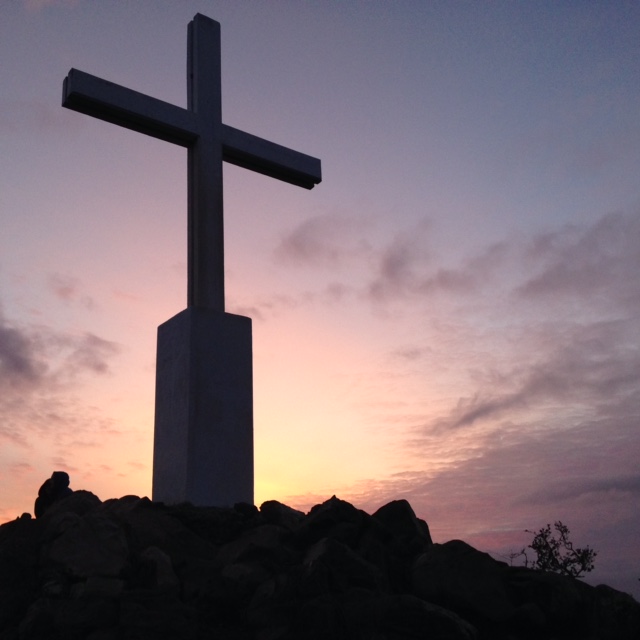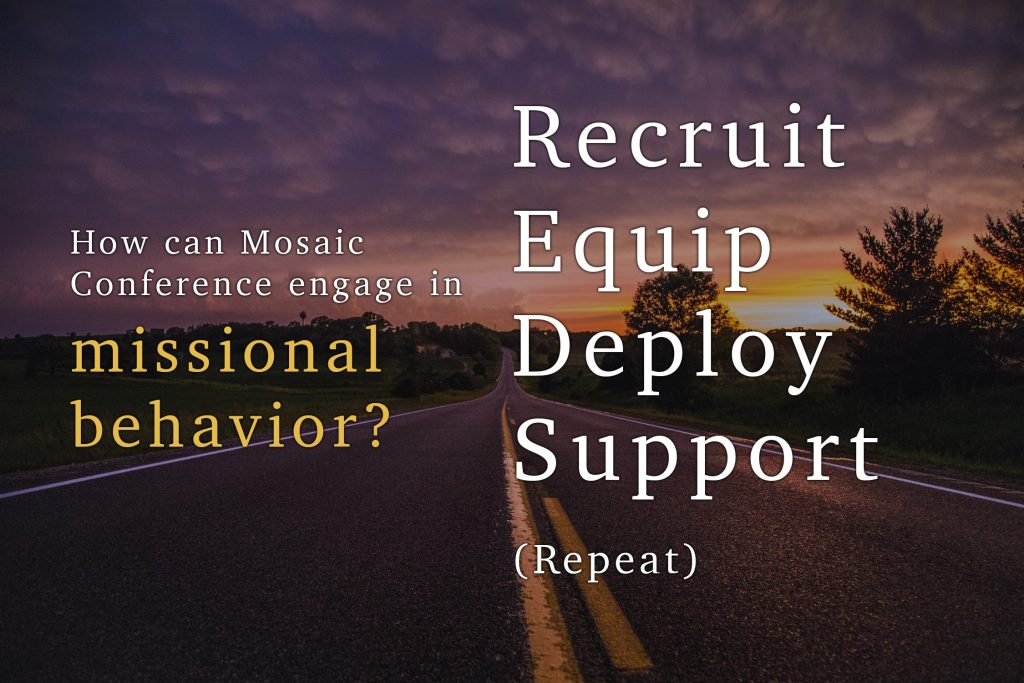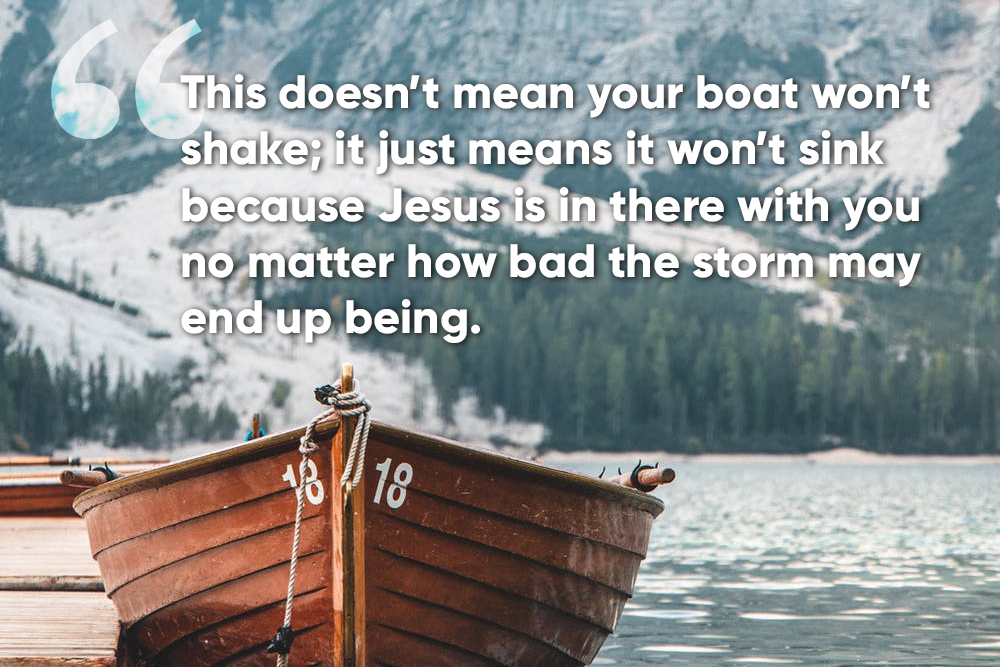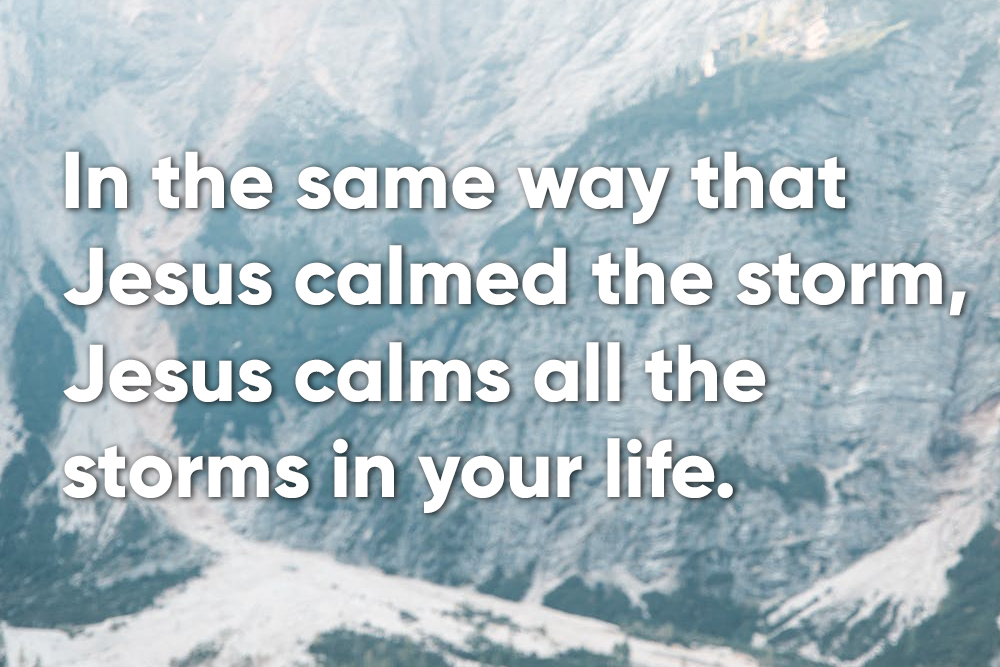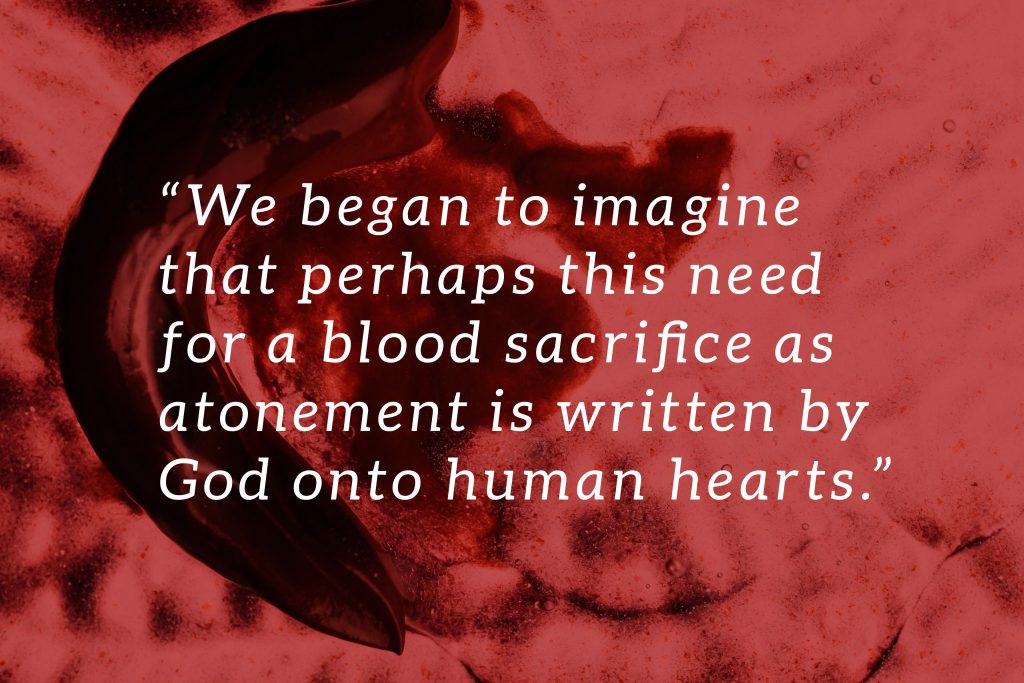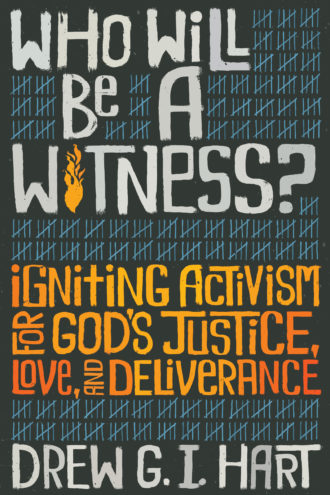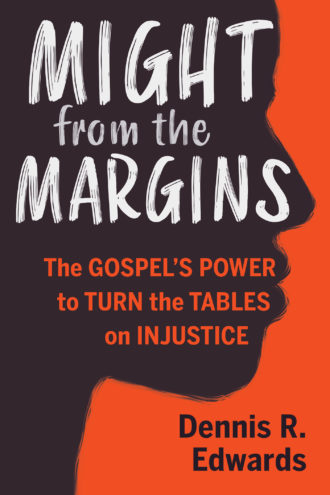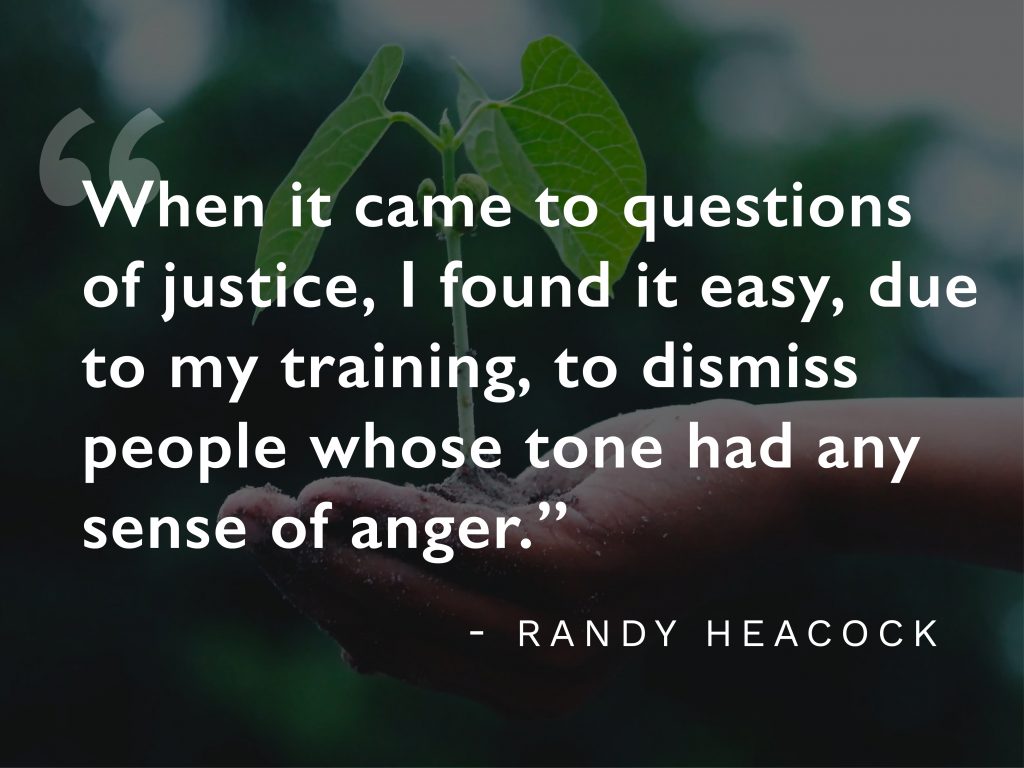I have crosses in every room of my house. I didn’t grow up with this tradition, but I remember the dramatic crucifix in the living room of my Catholic aunt and uncle. It was uncomfortable to my Protestant eyes, a graphic symbol of Christ’s bloody execution, hung above the sofa where I first watched MTV videos in the 1980s. Growing up in Western Pennsylvania, your familiar form of the cross marks your identity as Protestant, Catholic, or Orthodox. I was never particularly comfortable with the crucifix.
A former nuclear scientist, Parush Parushev, a Bulgarian, tells how a crucifix changed him. While working in Soviet-occupied Eastern Europe, he traveled to Poland where he met a scientist who had a crucifix in his home. Parushev said the symbol troubled him and somehow began his journey of openness to the story of Jesus’ life and death that eventually led to his own conversion. He is now a Baptist seminary professor and theologian.
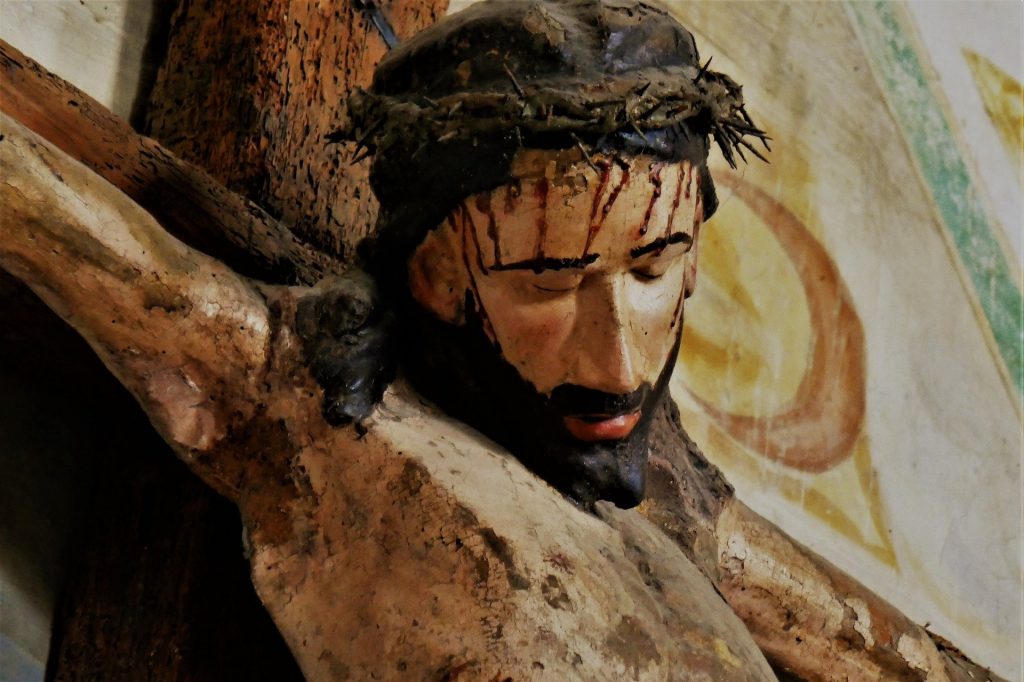
I’m still a bit discomforted by the bloodied Jesus on a cross, even though I am fully aware that the cross and the tomb are empty. The crucifix is a stark reminder of the horror of Christ’s death.
There’s something worthwhile about paying attention to the suffering Christ and holding on, even just for a while, to Jesus’ painful, humiliating death that opens the path for our own redemption. Author James Cone does important work on connecting the idea of the cross with the African American experience of lynching in the United States. There is much that we can learn yet often try to avoid by looking away.
This year as we emerge, slowly and wobbly, from a pandemic and persevere through a socio-political situation fraught with crisis after crisis, we might need the reminder of Christ’s presence with us in suffering. The Ghanian song, “In Your Sickness,” minds us that “in your sickness, your suffering, your trials and pain, he is with you all the time. Persecution, temptations, and loneliness, he is with you all the time” (Hymnal: A Worship Book #585). From our food distributions, to our open community centers, to our Zoom worship, and stressful work situations, God has indeed been with us.

Over the next few days, as we remember the Last supper and footwashing, and journey toward the cross, let us hold onto the solemnity of Holy Saturday and lean in toward the surprise of resurrection. I want to be alert to things that might break open my mind toward a fresh understanding, even through familiar words and symbols. I’m paying attention to God who is with us in the midst of all that is distraught while also anticipating the possibilities of resurrection, new life, and healing. I wonder where we might be renewed this Holy Week.
I want to remember Christ present in struggle, when things are not yet fully transformed or illuminated. I also want to trust that God is still working, even in my impatience and striving, and the Spirit can use even the most difficult realities to be turned toward new life.
Long winters can mean bright springs. Even when nights and days seem long, resurrection is still coming, still waiting to surprise us and re-awaken our hearts, souls, and minds toward deepened faith, hope, and love.


